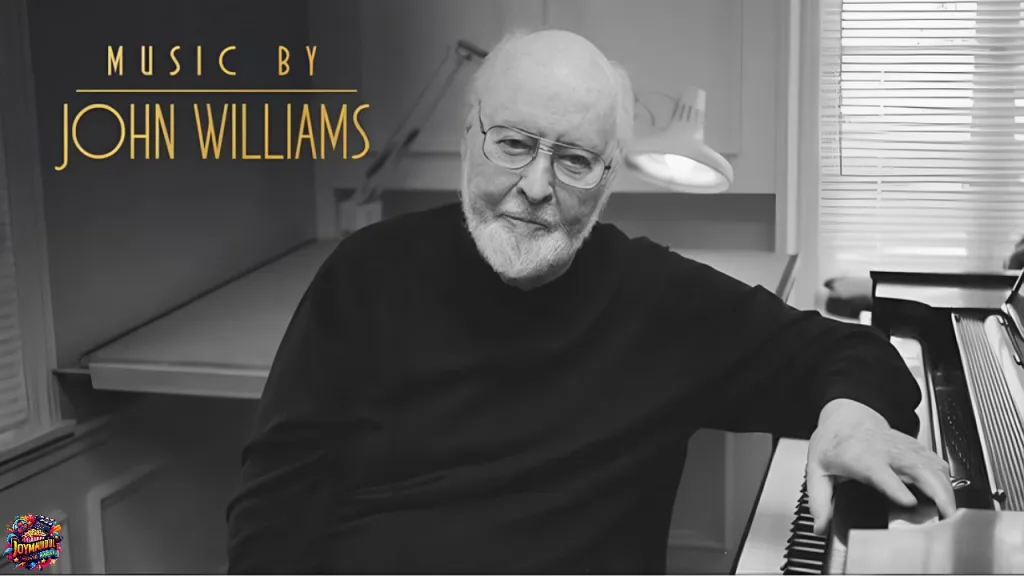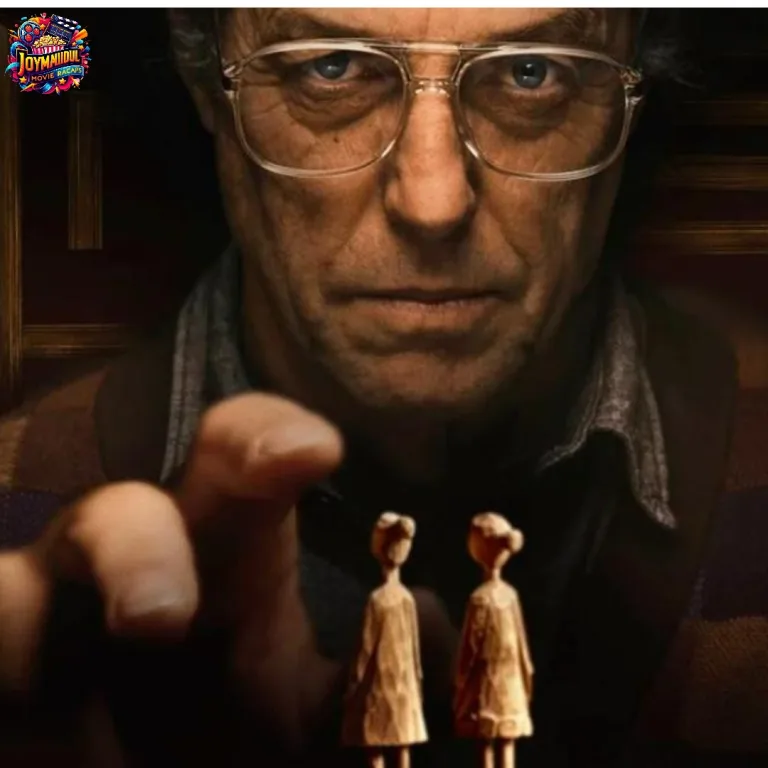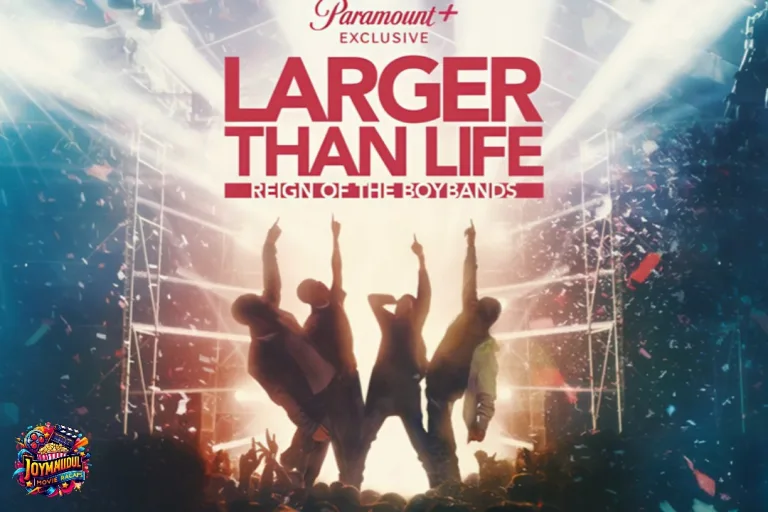
John Williams' story—where timeless music meets unforgettable cinema.
Rediscover the Legacy of John Williams: A Musical Journey Through Cinematic History
Explore the life of one of the greatest film composers. Discover his art and influence. Hear his story as told by those who know him best.
Introduction: ‘Music by John Williams’ is a great tribute to one of Hollywood’s best music creators. He is a composer whose music is a big part of movie culture. Directed by Tom Tunley, this documentary examines John Williams’ life. It explores his influence and artistic journey. The film showcases his timeless music and the legacy he has created. Williams is known for famous scores in ‘Star Wars,’ ‘Jaws,’ ‘Harry Potter,’ and ‘Indiana Jones.’ His work has had a lasting impact on many generations. This film gives us a close-up view of how these amazing scores were made. It shows how Williams approaches music. His music still connects with fans and other artists today.
Synopsis and Themes: “Music by John Williams” is a special tribute rather than a regular documentary. It honors Williams’ career and explores how he composes music for films. The film includes interviews with people like Steven Spielberg, Branford Marsalis, and J.J. Abrams, who share their stories and praise for Williams’ impact. This documentary mixes biographical details with meaningful comments about his approach, appealing to both casual fans and serious movie lovers.
Director Tom Tunley skillfully mixes the story of Williams’ personal life with the details of film scoring. We see Williams at his piano, showing how he combines melody, rhythm, and motifs to enhance the visual story. This is not just one man’s story; it shows how music adds magic to movies.
The Cast and Contributors: The documentary has a strong point. It involves big names in the industry who share their stories about Williams. This includes famous filmmakers like Steven Spielberg and George Lucas, and composers like Alan Silvestri and Thomas Newman. Spielberg especially shows how close he is to Williams. Their friendship and teamwork are evident. Spielberg tells stories that show how Williams’ music has made his films come alive. Their partnership, which covers 25 films, shows how important music is for capturing the emotions in a movie.
Punchy News and Notable Moments: Spielberg shares a story about an early version of “Schindler’s List.” It’s a funny moment. After seeing the strong footage, Williams suggested that Spielberg should find a better composer for the film. Spielberg joked, “I know, but they’re all dead.” Moments like this show Williams’ humility and dedication to his work.
Another interesting point is Williams’ connection to jazz, especially when he was younger. He played jazz using the name Johnny Williams, inspired by his father, who was a jazz drummer. This love for jazz is evident in some of his best-known pieces. One example is the lively cantina scene in “Star Wars.” Branford Marsalis, a well-known saxophonist, admires Williams for adding jazz influences. Williams makes his scores unique in Hollywood by not using tired clichés.

🌟🌟🌟🌟🌟 BUY NOW
Movie Explanation: The documentary starts by looking back at Williams’ early career. It shows how he transitioned from being a jazz pianist to becoming a film composer. It shares stories about his work on classic TV shows like “Lost in Space” and “Gilligan’s Island.” Then, it talks about his important partnership with Spielberg, starting with the famous score for “Jaws.” The film goes on to highlight Williams’ many projects in franchises. These include “Star Wars,” “Harry Potter,” and “Indiana Jones.” These projects changed film music for a whole generation.
The documentary does a great job of explaining difficult music ideas in simple terms, like leitmotifs and rhythm. For example, it shows how Williams’ famous two-note “shark theme” in “Jaws” uses a simple style to build suspense. Likewise, the five-note “alien theme” in “Close Encounters of the Third Kind” is presented as a musical phrase. This phrase hits viewers emotionally.
Ending Recap: As the documentary ends, it provides a heartfelt conclusion. It celebrates Williams’ final work with Spielberg on “The Fabelmans.” This marks the close of a significant era. The director finishes with a warm, festive tone, showing Williams’ huge impact on today’s film music. It’s a farewell tribute to the composer, honoring his life and artistic success.
Critics’ Reception: Critics generally liked “Music by John Williams” for its respectful and detailed look at Williams’ life and work. However, some felt the film leaned too much on nostalgia. Many suggested it could have explored Williams’ less famous projects or struggles more. Others pointed out that it sometimes feels like an ad for Disney, especially since it’s a Disney+ exclusive. However, this issue doesn’t harm the film’s strong overall effect.
Audience Reaction and Hype: Fans and musicians are celebrating Williams. The documentary has sparked a wave of nostalgia. Many share how his music has impacted their lives. The involvement of Spielberg and other Hollywood stars boosts the excitement, adding both credibility and star power to the film.
Viewing Tips: This documentary is essential for anyone who loves film music, dreams of being a musician, or enjoys movies. Watching it with good sound will make the experience better since Williams’ music sounds best when heard clearly. Focusing on Williams’ methods, viewers will likely appreciate the music in their favorite films even more.
Ratings from Top Review Sites:
Rotten Tomatoes: 100% – Critics mostly liked the documentary, but some thought it was a bit too sentimental.
IMDb: 8.4/10 – Users appreciated the film’s nostalgic and educational value.
Metacritic: 74/100 – Reviews were mixed, noting its limited focus but praising the tribute.
The Guardian: 3/5 stars – The production quality was praised, but it relied too much on well-known hits without going deeper.
My Rating: I rate “Music by John Williams” an 8/10. The documentary honors Williams’ great legacy, although exploring his less-known works would have made it even better. The interviews provide valuable insights into Williams’ life. Behind-the-scenes looks also offer recommendations for anyone interested in film or music.
Conclusion: “Music by John Williams” offers warmth, respect, and admiration for John Williams’ life and career. The film has some flaws. However, it captures the wonder of his music. It also highlights the strong connections he has built throughout his career. The documentary is not just about Williams. It celebrates the power of music in movies. A single score can add deep emotions to a story.




